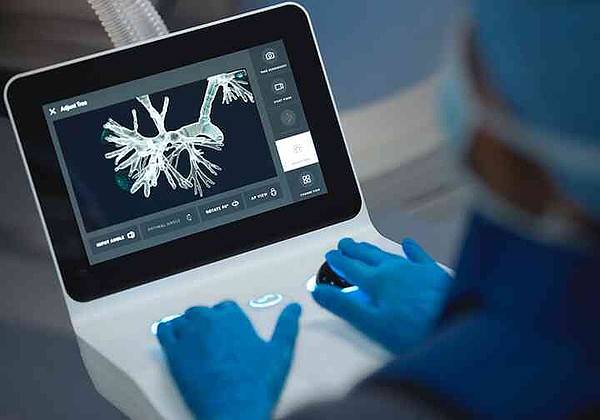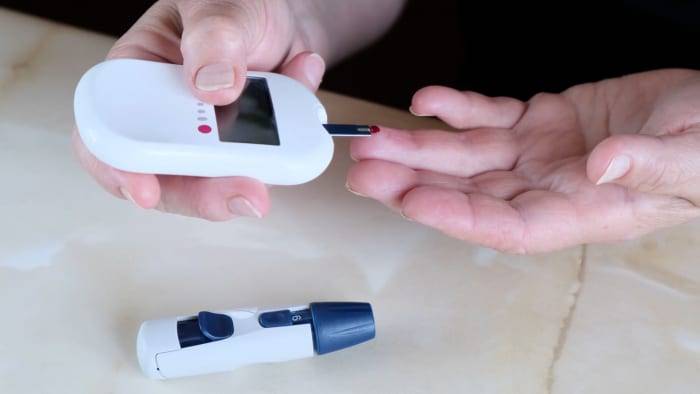Living with Lung Cancer Risks in Arkansas
Imagine living in a region where lung cancer incidence and mortality rates are among the highest in the nation. For many Arkansans, this scenario is all too familiar. However, recent advancements in robotic-assisted medical technology are bringing hope to those affected by this disease. Baptist Health-Fort Smith has pioneered the use of the Ion robotic-assisted bronchoscopy system, a groundbreaking tool in the fight against lung cancer.
Advancements in Diagnosis Through Robotic-Assisted Technology
This innovative technology enables precise, minimally invasive biopsies, even for small and hard-to-reach lung nodules. Traditionally, biopsying such nodules was challenging, leading to prolonged monitoring without definitive diagnosis – a situation known as “watchful waiting.” The Ion system changes this by allowing doctors to navigate through the smallest airways to reach any segment of the lung. This means earlier and more accurate diagnoses, leading to faster access to life-saving treatments.
Arkansas’ Health Challenges and the Role of Early Detection
Arkansas ranks among the states with the worst lung cancer survival rates, according to the American Lung Association. Initiatives like the Ion system adoption are crucial steps in addressing this public health issue. “Early detection is paramount in improving survival outcomes,” notes Jeff Carrier, region president of Baptist Health-Fort Smith and Van Buren. With advancements in imaging, genetic testing, and targeted therapies, healthcare providers can now identify and treat lung cancer in its earliest stages.
Other Institutions Embrace Robotic Bronchoscopy
The Ion system is not an isolated development. Other institutions, like the University of Arkansas for Medical Sciences (UAMS), have also integrated similar robotic bronchoscopy technologies. These tools have allowed doctors to discover and biopsy previously undetectable cancerous nodules, significantly enhancing the early detection of lung cancer. For instance, UAMS used the Ion Endoluminal Robotic Bronchoscopy System to identify early-stage cancer in the farthest reaches of the lungs, further demonstrating the impact of this technology.
Baptist Health’s Broader Role in Surgical Innovation
Beyond lung cancer, Baptist Health is at the forefront of robotic-assisted treatments in Arkansas. The hospital recently became the first in central Arkansas to utilize the da Vinci 5 system for minimally invasive surgeries, offering enhanced precision and improved patient outcomes. Additionally, Baptist Health is pioneering robotic technology for joint replacements with Stryker’s Mako System, providing personalized surgical experiences with increased accuracy.
Future Outlook and Need for Equitable Access
As medical technology evolves, so do the ways we approach chronic conditions. Advances like these underscore the importance of integrating cutting-edge tools into healthcare systems, especially in regions with high disease incidence. The challenge now lies in ensuring equitable access to these technologies and reinforcing healthcare infrastructure to support such innovations.
Hope for High-Risk Regions
For those living in regions with high cancer rates, the introduction of robotic-assisted diagnostics and treatments offers a promising future. As healthcare technology continues to advance, the hope is that these breakthroughs will become more accessible and widespread, ultimately improving survival rates and treatment outcomes.
To stay updated on the latest healthcare advancements and policy changes, visit Epochedge Health for in-depth analyses and insights. For a broader perspective on innovation in healthcare and beyond, explore Epochedge News. And for more information on emerging technologies, start your journey at Epochedge.









